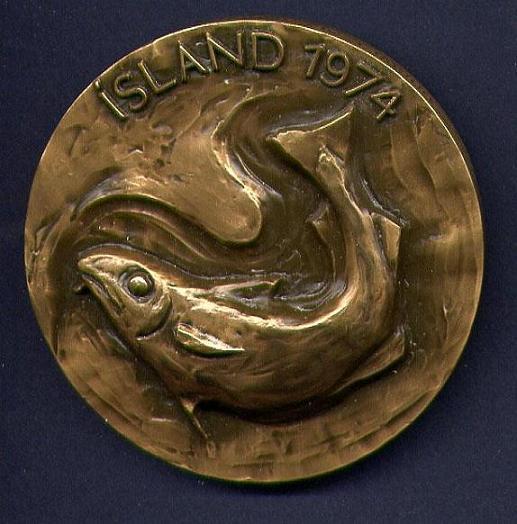Submariners' Sleep, and the Circadian Rhythm
After two weeks out of port submerged, were you able to differentiate night and day without any of those standards? Were you on local time, instead? Where were you?
China, the immense country stretching across five hour zones on globes, has only one time zone - Beijing time. Nearby Russia has 11, and the USA with HI has 6.
The UK shares its time zone with Portugal, the Canary Islands and much of western Africa - but not with France and Spain, which sit on the same Greenwich Meridian as UK clocks, the Greenwich Mean Time (GMT).
Apparently, India snubbed its former British overseers by arbitrarily selecting five and a half hours ahead of GMT ("turn your watch upside down in the UK, and that's the time in India"). Nepal, however, is GMT plus four and three-quarter hours. More here, Shifting meridians: a tale of time.
Gene Roddenberry (Star Trek- on stardates) said, "This time system adjusts for shifts in relative time which occur due to the vessel's speed and space warp capability. It has little relationship to Earth's time as we know it. One hour aboard the U.S.S. Enterprise at different times may equal as little as three Earth hours. The stardates specified in the log entry must be computed against the speed of the vessel, the space warp, and its position within our galaxy, in order to give a meaningful reading."
What about time on submarines? Working at night (like 20 million other people in America alone) may require an adjustment of our brain's circadian rhythm of up to 3 days (as in travel across timezones) to allow the body clock to adjust at its 1 hour per day normal capacity. The subject is well-known in submarine medicine and well-documented in the maritime community. Here are some examples with links to highlights.
Chronic REM sleep interference and inadequate family communication can lead to depression in some cases. Since submariners cannot "pull over and nap" or even "call home" perhaps the Navy's current investigation of recent suicide deaths (ashore) will extend to checking sleep experiences and communication factors of those involved.


4 Comments:
after being out to sea for over a week, life seems normal with an 18 hour day. it takes a lot to get used to normal hours when returning to port.
Good point, Bo, like readjusting to what real air smells like.
and sunlight
Bradley, absolutely. Sunshine, -the visible radiation.
Post a Comment
<< Home